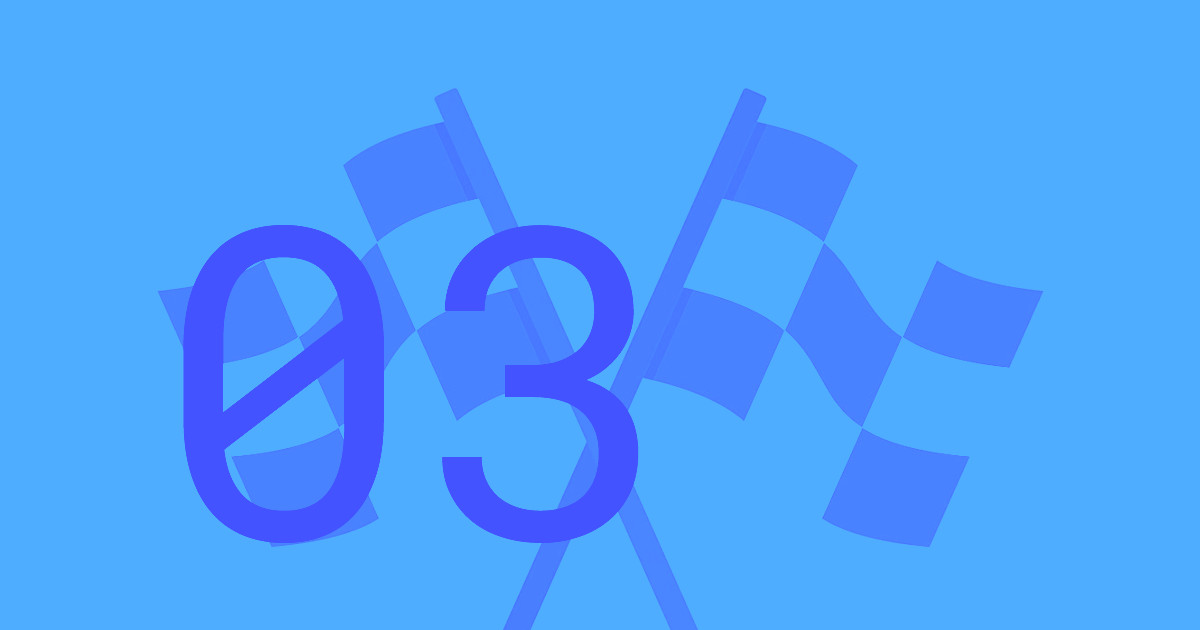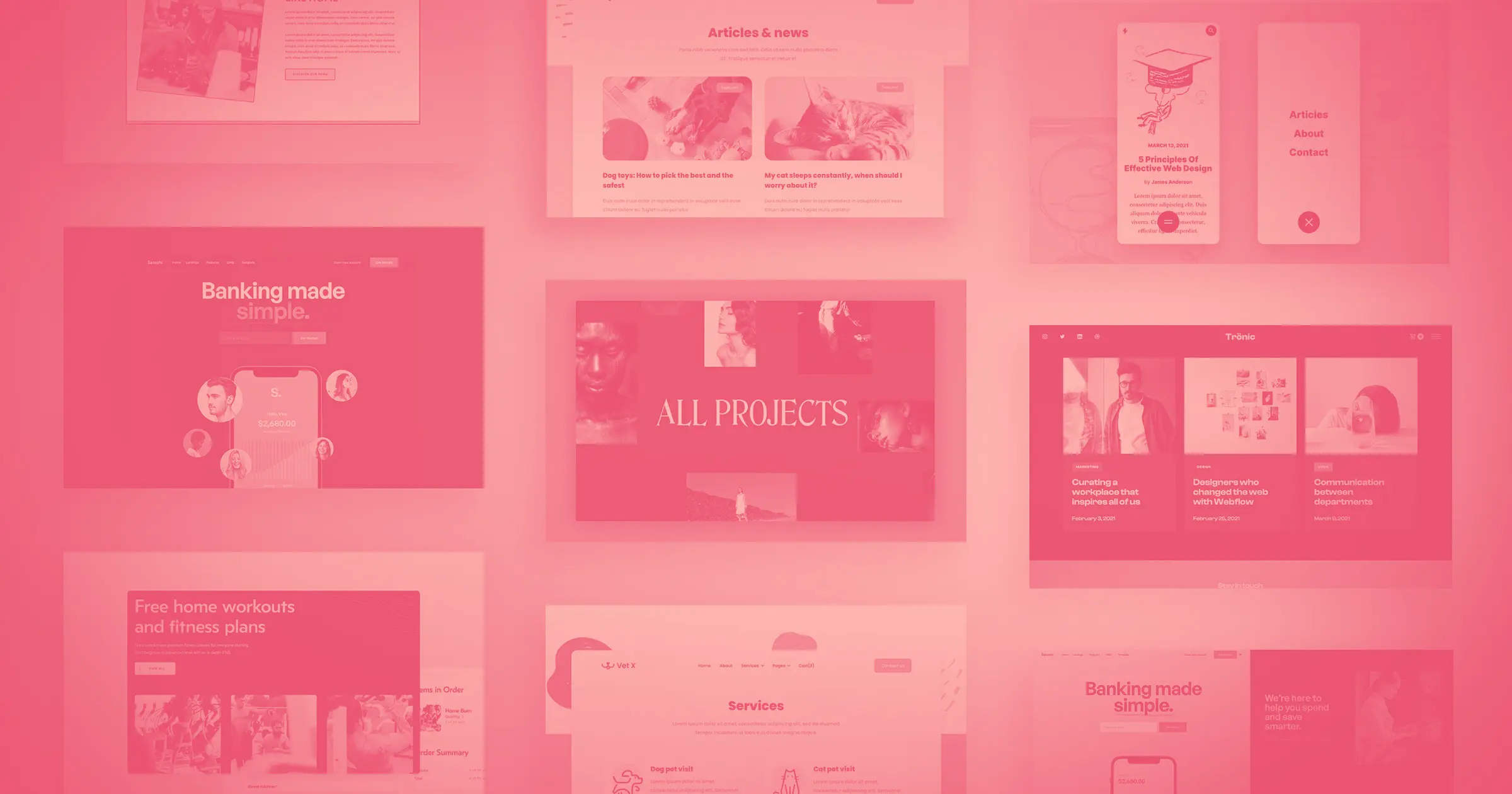I’ve had the privilege of working on dozens (maybe hundreds) of different freelance projects over the years.
Some were simple landing pages. Others were sprawling, multi-page wonders. Some focused on branding, from simple logo designs to brand-defining marketing assets and strategies.
And while every project differs, the factors that help me decide to take on a project tend to stay the same.
The struggle to say “no”
Early in my career, it was very hard to say no. To any project that came my way. Turning down work meant turning down revenue — which most new freelancers just can’t afford. But as time goes on, and you take on more projects, you’ll find yourself saying no to many projects, allowing you to only take on clients that you enjoy working with.
But how do you find clients you want to work with?

How do you know what a client is like before you work with them?
Of course, you may never know until after you work with them (and the damage is already done). This is what led me to create the following list of questions.
This list is just for me, and helps me remember what I value most in a client. The more positive I feel about the answers to these question, the more likely I’ll enjoy the project as a whole.
I usually ask myself these questions after I’ve gotten the project details, so it acts as the final step before I say “yes.”
Questions to ask yourself
These questions work like a set of guidelines for accepting new work. I need to feel good about most of them before I take on a project.
1. Have you worked with this client before?
If I enjoyed working with this client, I add one point. If I haven’t, I leave it blank.
If I have worked with the client and didn’t enjoy working with them, I stop this process and respond with a polite, “No.”
Working with repeat clients you like is pretty much as good as it gets. That’s why building long-term relationships as a freelancer is so crucial.
2. Did a previous client refer this client?
In my experience, if a client you enjoyed working with refers you to a new client, the new client is more likely to be pleasant than someone who randomly filled out a form on your site.
I always prioritize new work passed along from previous (successful) clients.
3. Have you confirmed the timeline for the project? Are there protections in place if the client causes delays?
Projects that you can’t complete by their deadline can lead to a domino effect of bad freelance outcomes.
If the project goes over, there’s a chance you won’t get paid! So be sure to add securities in the contract that account for projects going over (unless you caused the delay).
Plus, when projects miss their deadlines, they can bleed into your next project(s). That’s a no-win scenario. Splitting your attention between two projects can negatively affect both, hurting your chances of getting future referrals.
As I discussed in our post regarding the three things you need to know before you start a freelance project, being firm with your clients about project deadlines is a crucial factor in project success.
4. Do you fully understand the scope of this project?
What this really means is, “Do you know exactly what the deliverables are for this project?” If this is even slightly unclear, immediately set up a call with the client to confirm.
The scope of the project should be crystal clear before you agree to any work.
5. Does the client’s budget work for you?
This is the most important question to ask yourself.
Way too many freelancers are too quick to compromise their rates to get work. If you’ve thought long and hard about your rates, and they feel comfortable for you, then your clients should feel the same. If your client asks for a lower rate, seriously consider dropping the project immediately.
I know this is easier said than done, but I promise you that undervaluing yourself will destroy your freelance work. It just gives clients who shouldn’t be working with you access to your talents and skill set. Which causes a ripple effect from the work you’ll end up producing (“I’m worth more than this”), to the clients that you attract in the future.
Stick to your rates.



















The missing guide to the freelance designer's life is here
Learn everything you need to know about making the leap to freelancing, from how to find clients to how to price your services.
































